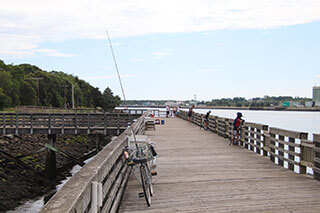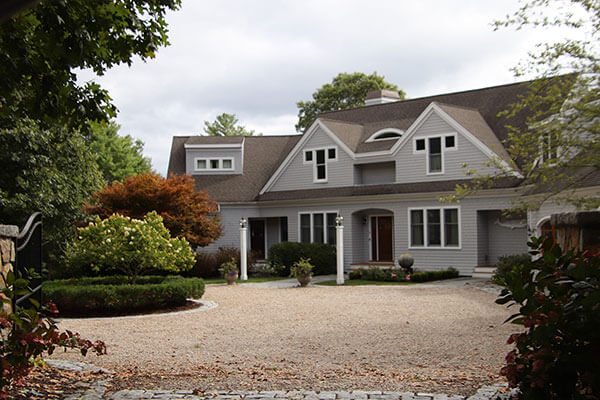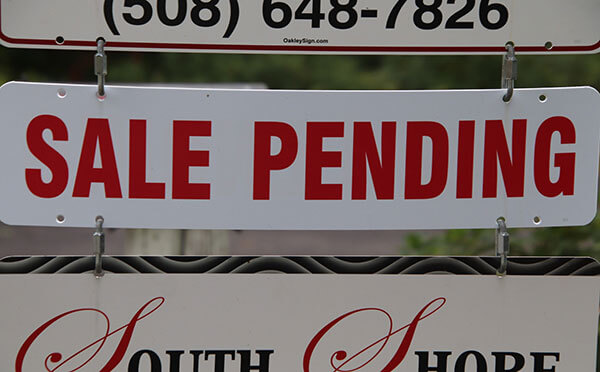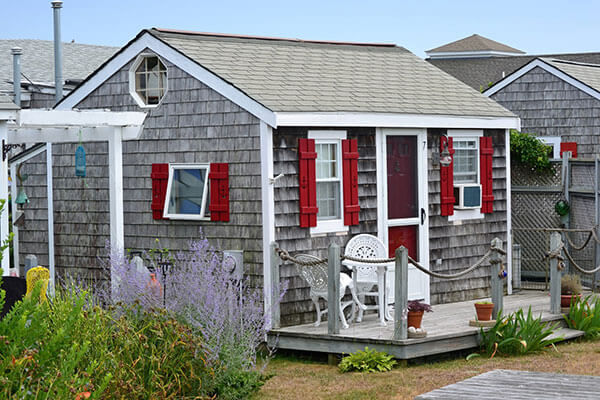 Cape Cod living can be wonderful. Often the pace of life is much slower than the hustle and bustle of a large city or the near cosmopolitan suburbs. For many who are fortunate to live on the Cape, this is often their lifestyle choice. Many visitors to the area, drawn to this lifestyle, are faced with the question whether to buy or rent on Cape Cod?
Cape Cod living can be wonderful. Often the pace of life is much slower than the hustle and bustle of a large city or the near cosmopolitan suburbs. For many who are fortunate to live on the Cape, this is often their lifestyle choice. Many visitors to the area, drawn to this lifestyle, are faced with the question whether to buy or rent on Cape Cod?
Although not yet complete the Cape Cod Commission’s Census Data in 2020 shows an upward trend of about a 6% population increase over the past 10 years, much of which is attributed to the pandemic. Some of this population shift represents baby boomers who can work remotely or choose to retire early. Many of this demographic who had frequented the Cape as a vacation spot, now are faced with the choice whether to buy or rent on Cape Cod.
Living on Cape Cod

Since the start of the pandemic, housing costs have become a huge challenge particularly in resort and vacation communities. Many people have made their second home their primary, while others have opted to move to places like the Cape for a simpler lifestyle. For those choosing to relocate many have been able to sell their other property at a premium before buying a property on the Cape.
Demand has driven prices to new highs across the board. Compounding capital gain with higher prices, these gains on a primary home often require a seller to reinvest in another property within 3 years to avoid taxes of their primary home sale.

Working remotely has become the new normal for many in high tech fields making the Cape a lifestyle vs commute to work decision. With limited available inventory, even less updated properties have seen an increase in marketability as more and more buyers sought home options here on the Cape. Many who have chosen to relocate here have had primary homes off Cape that sold for a premium and thus had the capital to buy their choice home or to renovate an existing one on the Cape.
Should One Buy or Rent on Cape Cod?
This conversation continues to be a challenge. As the real estate market on Cape Cod is beginning to cool down a bit with rising interest rates there is hope that prices will level off a bit. This would make landlords less eager to sell and hopefully open the rental market back up a bit.
Buying Investment Property on Cape Cod
 For someone not planning to live on the Cape year-round there may be additional considerations for the choice to buy or rent on Cape Cod. Do you want to visit the same vacation for an extended time each year? If yes, you may want to compare the annual cost of renting vs buying in a location.
For someone not planning to live on the Cape year-round there may be additional considerations for the choice to buy or rent on Cape Cod. Do you want to visit the same vacation for an extended time each year? If yes, you may want to compare the annual cost of renting vs buying in a location.
Do you want to buy an investment property? Is this long term or a short-term investment. If only buying for investment purposes, you may consider a 1031 exchange. If you also want to occupy the space, speak to an expert such as a mortgage specialist or financial advisor to determine your ROI particularly if you can rent it for part of the year, as this may cut your own mortgage expenses.
In a location with limited housing inventory prices typically favor the seller. As a result, prices are driven on an upward trend. As an investor this may seem like a great opportunity to get into the market. Rents can be at a premium in peak- season thus it is important to figure out if you can cover the annual cost.
If you cannot currently afford to buy a home, there are very limited options on the Cape. Homeownership is at a premium, driving rents higher to cover high mortgage costs.
Renting on Cape Cod

There are two types of rental communities on the Cape, vacationers and residents. The higher-end vacationer can afford to pay a premium to rent a home or stay at a hotel during peak seasons. Many landlords, with properties near the beaches or desirable areas, can make a return on their investment with appropriate rental fees. An investor will buy in an area after doing an analysis of ROI for the purchase price and income gain over a designated period.
On the flip side, the worker economy continues to have limited resources to buy on the Cape. Home prices have soared causing year-round landlords to cash in and sell their properties at a premium. Many of these properties are turned into seasonal rentals, often leaving tenants without other rental options.
Sadly, many of these renters cannot accumulate the necessary down payment amount required to buy a property and continue to be at the mercy of limited affordable options to live on Cape Cod. Often many of the workers who rent are forced to be more transient and at the mercy of relocating to a where there is a better cost of living. Some are forced to find affordable housing off the Cape and therefore face a longer commute. For this demographic renting may continue to be the only affordable option.
As the population for year-round residents grows there is increased demand for more affordable housing options. Affordable rentals as well as more moderate housing costs are needed in the long term to sustain a quality of life and make sure that everyone still has the option to buy or rent on Cape Cod.










